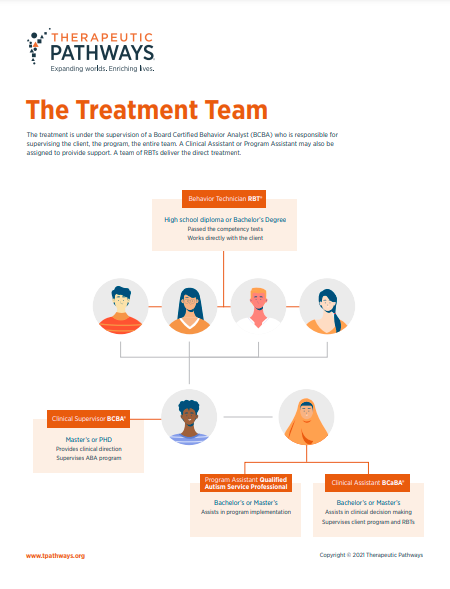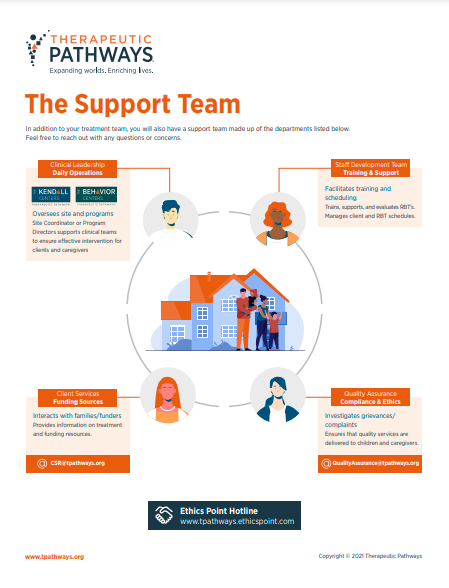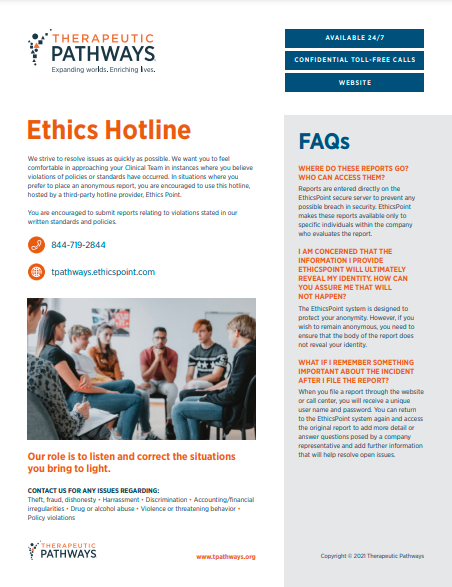

DublinCenters
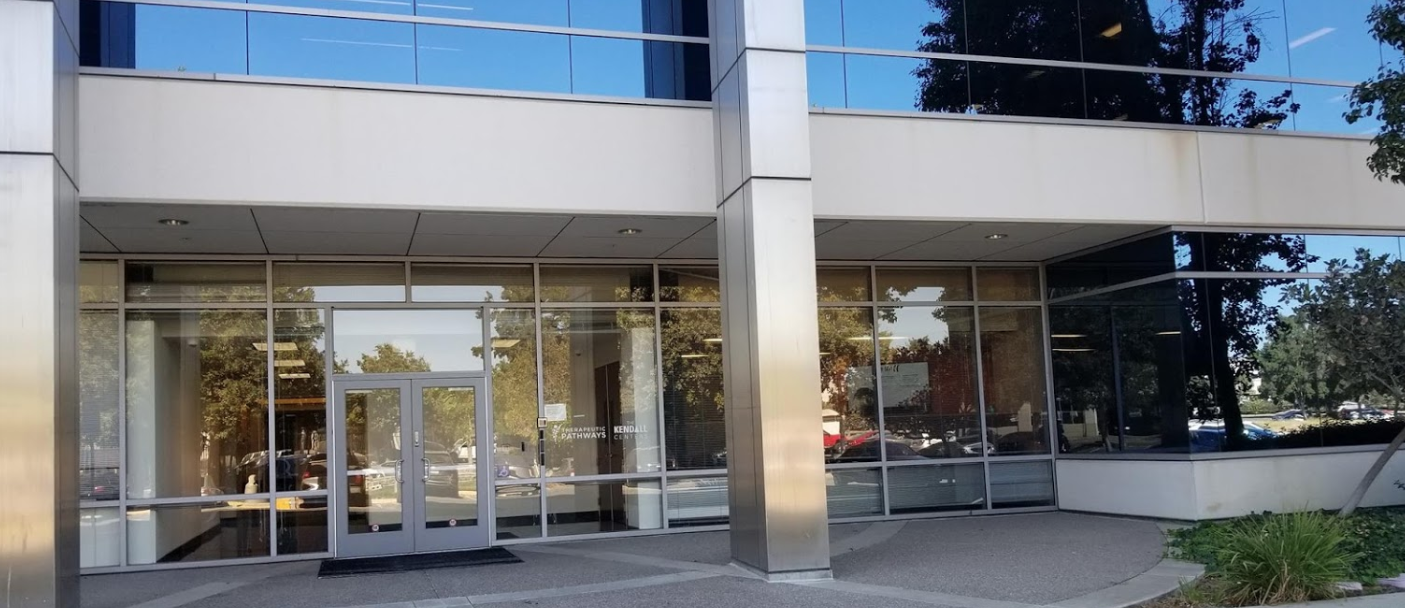
Dublin ABA Therapy
We are pleased to offer programs from our exceptional Kendall Center and Behavior Center at one location in Dublin, California. This location gives families access to high-caliber applied behavior analytic treatment without having to travel to San Francisco.
Program offerings from the Kendall Center include intensive behavior and language therapy for people with autism. Our knowledgeable staff works closely with every child, utilizing science-backed ABA therapy to focus and train the core skills of speech and communication. These techniques help children foster relationships, develop social skills, and establish safe behavior.
Get Started with Services at the Kendall Center
Dublin Behavior Therapy
Program offerings from the Behavior Center include individualized treatment for people with severe behavior disorders. Our Clinical Teams work to reduce aggressive behaviors that have led to hospitalizations, out of home placements, and represent daily challenges to the health and safety of the individual and others. Many of the school age children we treat have not been able to attend school or be out in the community for months and sometimes years at a time. Our focus is on helping promote functional communication and a better quality of life in the home and community.
The common denominator in our programs is the compassion, experience, and patience our staff members extend to each individual in our care. At Therapeutic Pathways, our goal is to use our knowledge and expertise to help your child or family member live a fulfilling life.
CENTER INFORMATION
5601 Arnold Rd. Suite 100
Dublin, CA 94568
Programs at the Dublin Centers
At our Centers, our staff members don’t stand back and watch from a distance — they’re dedicated and invested in every child through personalized programs and one-on-one attention. As part of our ABA services, the Dublin Center offers comprehensive language, speech, and communication therapy for children with autism in any stage of development. Visit our Programs pages to learn more.
AGES 0-3: This program focuses on getting your child testing within the normal range with an intensive 25+ hours of therapy per with about 300 goals over the year.
AGES 3-7: This program primarily focuses on helping children gain the skills of communication, social skills, self-help, and managing behavior domains.
AGES 7-11: This program includes more in depth self help skills like functional communication, reduction of behavior problems, self-management, and independence.
AGES 12-18: This program includes more in depth self help skills like functional communication, reduction of behavior problems, self-management, and independence.
AGES 5-18: This program fosters productive interactions and coping abilities for numerous social situations through guided social skills groups.
ALL AGES: This program is specifically designed for individuals with severe behavior disorders, including self-injurious and dangerous behaviors.
Need help choosing an ABA treatment plan?
Take our test to find out which program may be best for your child.
Contact Us to Get Started
Fill out the form and let us know how we can help
Related Articles
- Can Autism Be Cured?
- How can I help my child with autism manage their aggression?
- How Can I Find Out What Caused My Child’s Autism?
- What does autism look like?
- Can a child be slightly autistic?
- Can a person with Autism Spectrum Disorder live an independent adult life?
- Could my child have autism?
- Does Therapeutic Pathways offer parent training?
- How can I find out if my child’s case is genetic? Can we tell which side of the family the autism came from?
- How can I use technology to help my child with ASD?
- How many people have autism?
- How soon can a child be diagnosed with autism?
- I think my child may have autism but I’m not sure. How can I find out?
- If there is no autism epidemic, why do the statistics keep climbing?
- What are common symptoms of autism spectrum disorder?
- What can ABA therapy help with?
Parent Resources

Our
Core
Values

Data Driven

Family
Centered

Compassionate
Care

Investing in
Each Employee

The Dublin Center Leadership Team
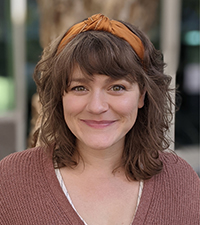
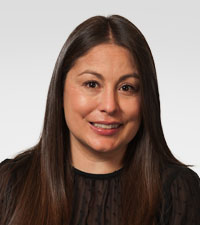
 Listen to Our Podcast
Listen to Our Podcast
